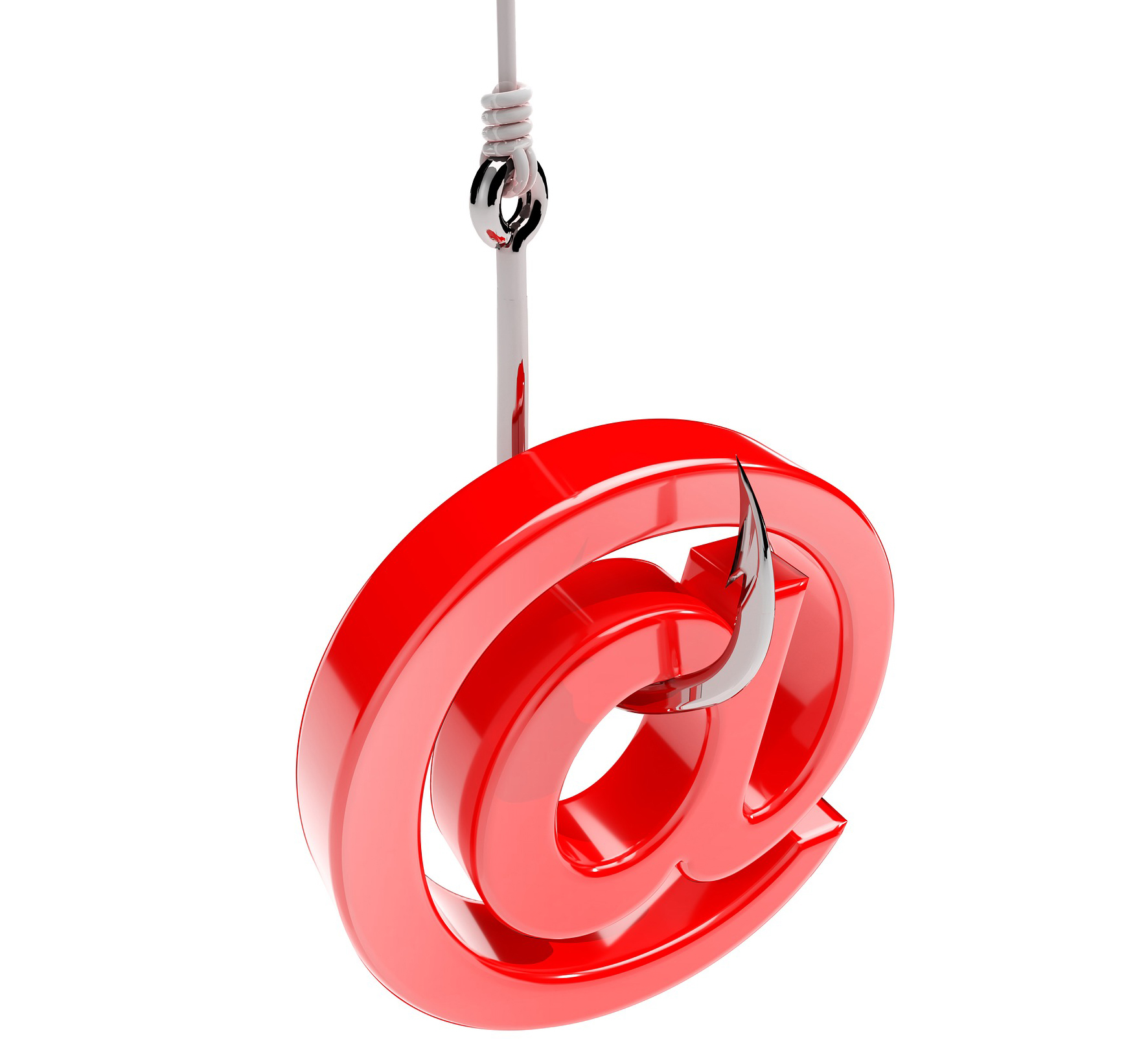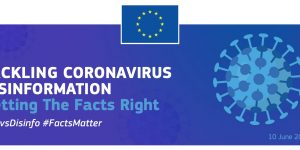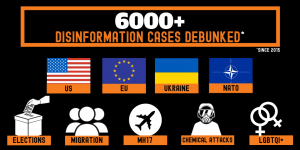Revenues from traditional advertising in BiH continue to decline, so media are exceedingly turning to internet and digital platforms. For some of them, the click-bait headlines and sensationalistic content present the easiest way to attract audience’s attention and gain more clicks. This way of earning profit is mostly used by anonymous portals whose number in BiH has been on the rise.
By: Anida Sokol
Bombastic headlines and advertising
Click-baits are bombastic headlines with purpose to “bait” the attention of the audience, but have no grounds in the text, as they promise a content that does not exist. The purpose of such headlines is to get more money by having more clicks.
“One of the main problems with the click-bait headlines is that they actually do attract more attention, and credible portals are forced to fight with such competition. Informative portals, unfortunately, abound in such titles, and this goes without saying in the case of the entertainment-oriented portals. Often, such headlines promise something that the actual text falls short of providing, failing to reveal where a location, parties involved or a time of such event, and thus throw a “bait” to the users to read usually not-so-well written piece”, says Amela Delić, Assistant at the Department for Journalism at the Faculty of Philosophy in Tuzla.
Vuk Vučetić, a media literacy expert and professor at the Faculty of Philosophy in Pale, explains that such headlines have a number of common elements. The first one is the attractive, sensationalist headline that is typically written in large letters and contains phrases such as: “You won’t believe this happened!” or “You will not recognize him/her now!” Such headlines are often followed by a number of punctuation marks, and words such as “photo” or “video”, and suggestion that the text is intended for an older audience, which adds to the sensationalism.
Such strategies are mostly employed by anonymous portals, which are not registered as commercial entities, and present no information on contacts, ownership or editorial board. They are also the media outlets that greatly contribute to creating and spreading disinformation on the internet, and they are mostly inclined to use click-baits. As shown in the research conducted by Association Zašto ne? (Why Not?), anonymous portals typically feature a lot of advertising that comes mostly through the Google AdSense platform, and are often linked to a number of Facebook pages or groups to get more followers.
This can bring in a lot of money. “You can earn several thousand marks if you have several portals where you publish such content every day. There are many, especially young, people who make their primary income in this way. Many young unemployed people decide to make profit by publishing such content”, says Emir Zulejhić, editor of the fact-checking platform Raskrinkavanje.ba.
Anonymous portals
The click-bait headlines are often related to trivial information and celebrities; however, they are also used for political disinformation, pseudo-science and conspiracy theories. So you can read click-bait headlines falsely claiming that it finally came out why David Dragičević had been killed, that the Balkans is not safe and that a scary warning has been received from ISIL, or that Željko Ražnatović Arkan, the war criminal, appeared in the Game of Thrones series. Such contents can have various consequences, including increasing feelings of insecurity and ethnic tensions in BiH.
“Even some serious, let’s say, political topics are often presented in the form of click-baits, simply to make money. This trivialisation of the political and social sphere actually contributes to depolitization of society, where the click-bait has the so-called “drugging” effect on the audience”, says Vučetić.
In addition, the click-bait titles and anonymous portals, undermine credibility of media resulting with higher distrust in media, particularly among young people.
“Such portals aim to make money, respect no ethics, often serve interests of those who pay them, mostly politicians, and cause turmoil among people by emphasizing the negative issues and presenting the media and journalists in a bad light”, says Mladen Kojić, editor of the portal eSrebrenica.
Delić says that the audience often fails to understand that such portals in most cases are not created or edited by professional journalists. “As a consequence, the public has less trust in media, and when they do not trust media, whom are they going to trust but politicians, religious leaders, or the so-called informal public leaders or populists”.
At the institutional level in BiH, nothing has been done so far to curb the trend of proliferation of click-baits and anonymous portals. Bosnia and Herzegovina is still lacking a defined legal framework regarding transparency of media ownership or advertising. In addition, the self-regulation of online portals has proven ineffective, specifically because of the inability to pronounce sanctions in cases of violation of professional standards, but also due to the lack of continuous or periodical monitoring of the media.
“Self-regulation cannot achieve much with respect to this issue, because there are strong financial and other interests behind such practices. However, it is important to talk about this and work to improve media literacy, so that the people would understand what are the click-baits and what are their interests”, says Sanela Hodžić, research editor at the Mediacentar Sarajevo.
Using the watchdog platforms, such as raskrinkavanje.ba, and media literacy workshops, only the civil sector is at present attempting to educate citizens on standards of journalism so that, among other things, they are able to recognize click-bait headlines and differentiate between anonymous portals and credible ones.
#NeVjerujNaPrvu is a project by the European Union in Bosnia and Herzegovina
The content of this article is the exclusive responsibility of the author and does not necessarily reflect the views of the European Union.




